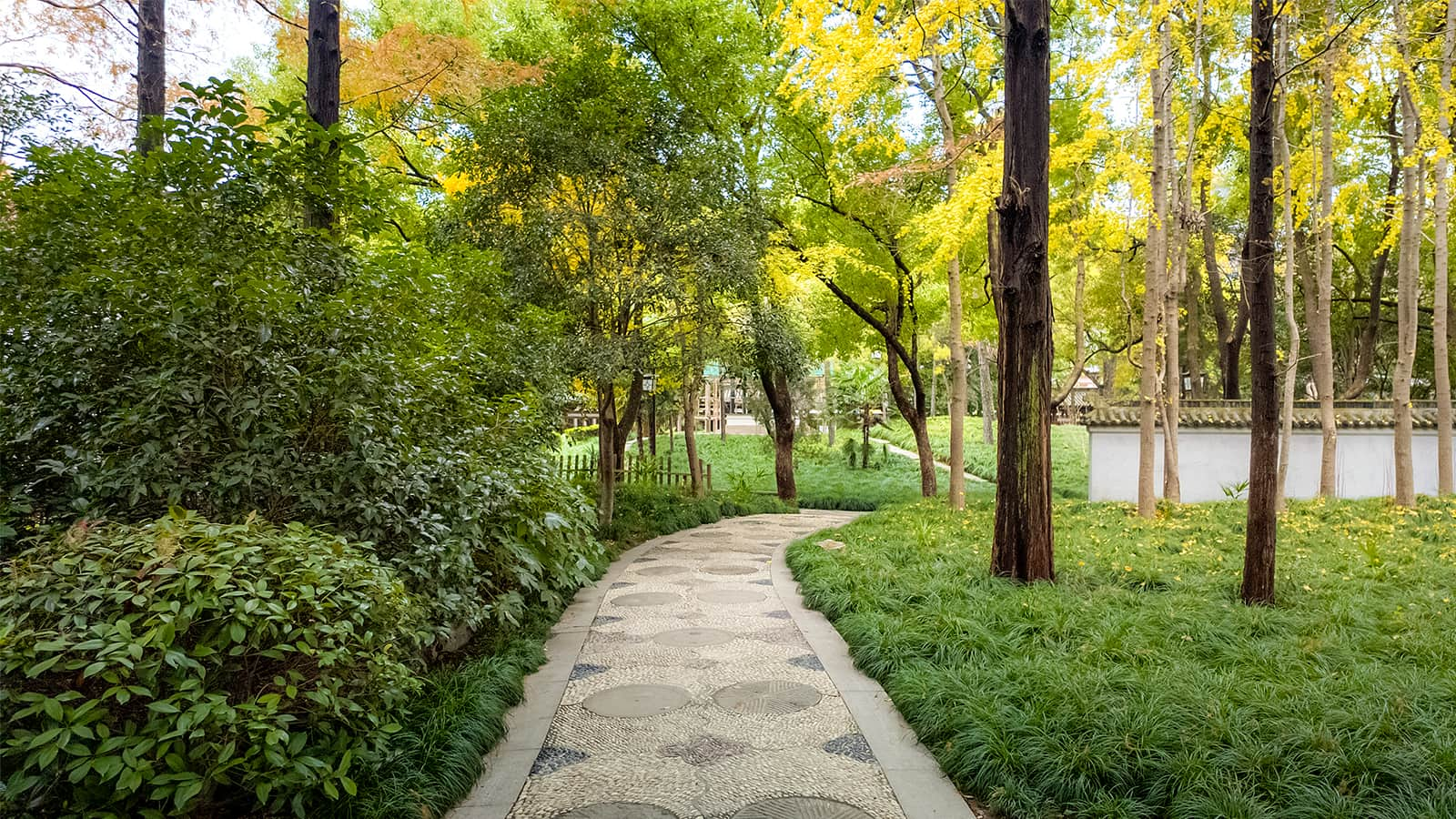Science
Urban Green Spaces: A Climate Risk for Soil Biodiversity Revealed

Urban parks and residential green spaces are experiencing a significant yet unexpected climate-related risk. A recent study indicates that while these areas boast greater soil biodiversity compared to nearby natural forests and farmlands, they are also facing a concerning homogenization of microbial populations. This finding suggests that urban environments may be less resilient to climate change than previously thought.
According to Scott Chang, a professor at the University of Alberta and co-author of the research published in Nature Cities, the study reveals that urbanization’s impact on soil biodiversity may have been underestimated. “We didn’t expect it to have profound homogenization in soil microbial populations in urban green spaces across an entire continent,” he stated. The implications of this research extend to the broader ecosystem functions and services that urban areas provide.
Study Overview and Findings
The research team, comprising international scientists, conducted an analysis of over 200 soil samples collected from 13 Chinese cities representing various climate regions. They compared microbial communities among four land-use types: forests, farmlands, urban parks, and residential green spaces. The results highlighted that urban parks and residential areas consistently exhibited a greater variety of bacteria, fungi, and protists compared to their forest and farmland counterparts.
Specifically, the study found that urban parks had an increase of 14 to 17 percent in the number of microbial species compared to forests. In residential areas, the diversity of bacteria and protists was 15 and 20 percent higher, respectively. This enhanced biodiversity is likely attributed to higher pH levels in urban soils, influenced by management practices such as liming and fertilization, which create more favorable growth conditions for microbial life.
Despite this apparent richness, the research also uncovered a troubling trend. Urban soil communities, while diverse at the local level, exhibited a 13 percent increase in similarity across different cities compared to nearby forests. This loss of unique ecological characteristics in urban soils can render them more susceptible to environmental stresses, including extreme weather events.
Implications for Urban Ecosystem Resilience
The findings raise critical concerns about the resilience of urban ecosystems in the face of climate change. According to Chang, the risk lies in the potential for these locally diverse microbial communities to respond uniformly to significant environmental changes. This uniformity could ultimately diminish the overall resilience of urban ecosystems, making them less capable of adapting to new challenges.
The research underscores the importance of understanding the impacts of urbanization on soil biodiversity. As cities continue to grow and evolve, strategies must be developed to preserve the ecological uniqueness of urban green spaces. By doing so, urban planners and policymakers can better enhance the resilience of these vital ecosystems.
This study serves as a compelling reminder of the interconnectedness of urban environments and broader ecological systems. As cities grapple with the challenges of climate change, recognizing the significance of soil biodiversity will be essential in fostering sustainable urban landscapes.
-

 Science3 months ago
Science3 months agoToyoake City Proposes Daily Two-Hour Smartphone Use Limit
-

 Top Stories3 months ago
Top Stories3 months agoPedestrian Fatally Injured in Esquimalt Collision on August 14
-

 Health3 months ago
Health3 months agoB.C. Review Reveals Urgent Need for Rare-Disease Drug Reforms
-

 Technology3 months ago
Technology3 months agoDark Adventure Game “Bye Sweet Carole” Set for October Release
-

 World3 months ago
World3 months agoJimmy Lai’s Defense Challenges Charges Under National Security Law
-

 Lifestyle3 months ago
Lifestyle3 months agoVictoria’s Pop-Up Shop Shines Light on B.C.’s Wolf Cull
-

 Technology3 months ago
Technology3 months agoKonami Revives Iconic Metal Gear Solid Delta Ahead of Release
-

 Technology3 months ago
Technology3 months agoApple Expands Self-Service Repair Program to Canada
-

 Technology3 months ago
Technology3 months agoSnapmaker U1 Color 3D Printer Redefines Speed and Sustainability
-

 Technology3 months ago
Technology3 months agoAION Folding Knife: Redefining EDC Design with Premium Materials
-

 Business3 months ago
Business3 months agoGordon Murray Automotive Unveils S1 LM and Le Mans GTR at Monterey
-

 Technology3 months ago
Technology3 months agoSolve Today’s Wordle Challenge: Hints and Answer for August 19









